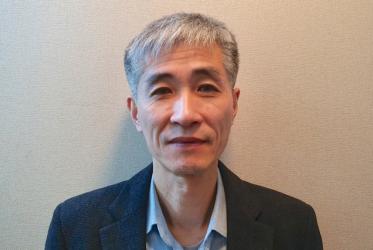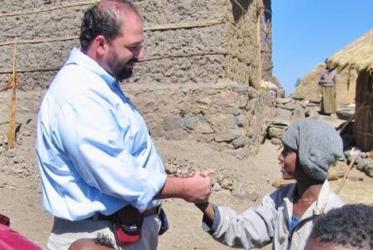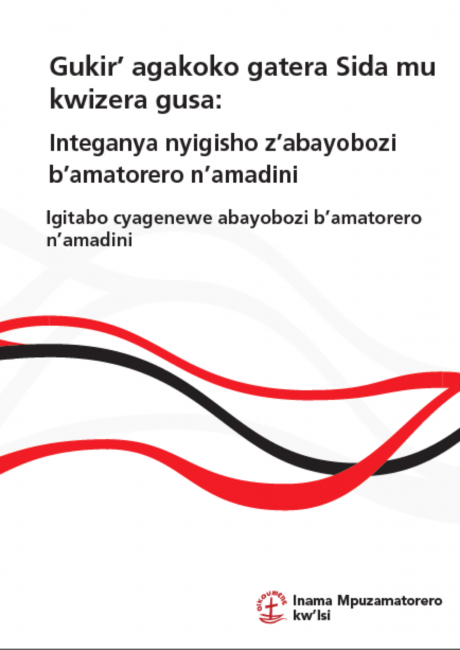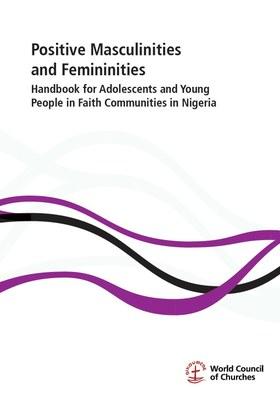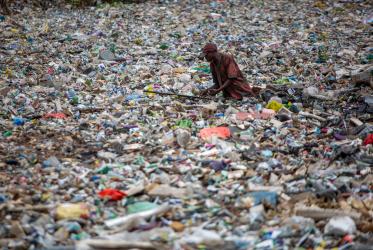Displaying 121 - 140 of 145
Defending the ‘blue soul of life’
08 April 2021
Rev. Shin Seung-min: “We want to create hope, not despair”
22 December 2020
Treatment Adherence and Faith Healing in the Context of HIV and AIDS in Africa
Training Manual for Religious Leaders
25 October 2020
Positive Masculinities and Femininities
Handbook for Adolescents and Young People in Faith Communities in Nigeria
19 October 2020
Healing Together
A Facilitator’s Resource for Ecumenical Faith and Community-Based Counselling
15 October 2020
Walking Together
Theological Reflections on the Ecumenical Pilgrimage of Justice and Peace
28 May 2018




